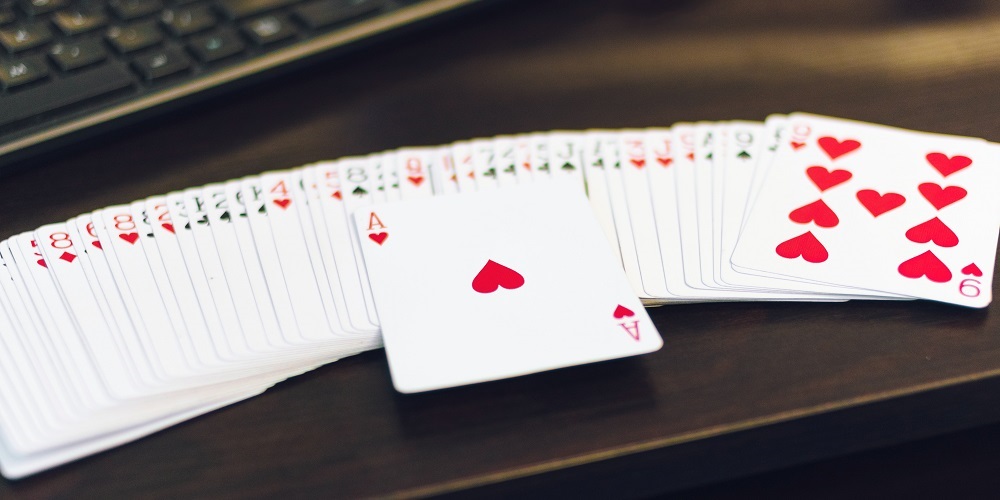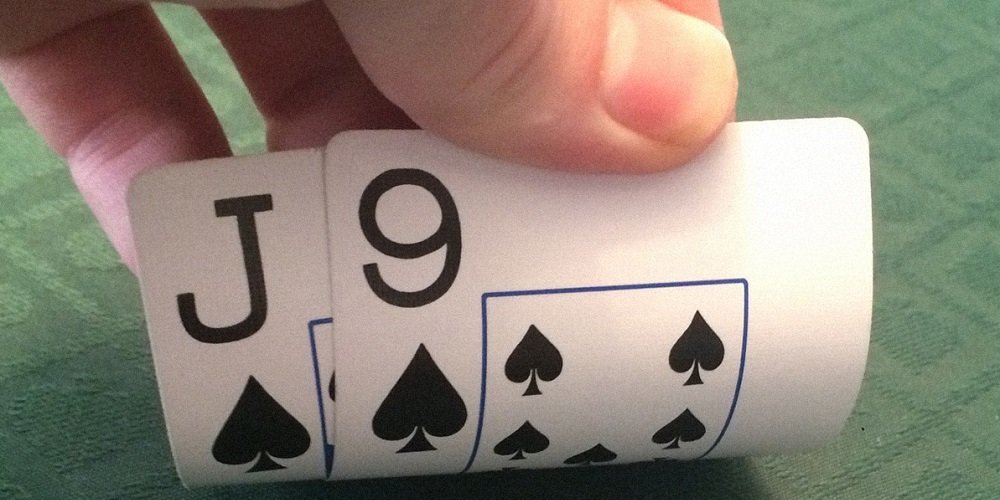

Poker odds part II: implied odds and how to calculate them

In your first approaches to poker, you have
probably limited yourself to understanding what odds are and how to calculate
them, but soon the game will require you to spend more time and study more
deeply the role of odds, as well as their types.
Implied odds are, for example, a subtype of odd that take into account the size of the pot and the money we can get in subsequent bets. Like all odds, they are there to be calculated, the outcome of which will determine our game, so you should know all about implied odds, how to calculate them and how to master them.
What are implied odds

As we said, implied odds are the probabilities
that take into account not only the size of the pot, but also the potential
profits we can aspire to in later stages. They have a significant importance
in Omaha High and High-Low poker, especially in its Pot Limit variants.
Contrary to what many people think, mastering
implied odds requires technique. This is because, as we will see below,
several steps are required to proceed to the proper calculation of implied
odds. These processes will be discussed in detail in the next section.
There are situations in which, without a stack
to support us, we will have to rely on pot odds to justify the payment of our
bets. In other words, we go without anything to justify our play. This
is extremely delicate, almost like flipping a coin, since we will lack the
necessary data to support our decision.
Implicit odds are of vital importance in No Limit games, because when you enter a hand, you can put your entire stack at stake. As there is no limit, you risk up to your last chip, and you can find yourself out of the game with a bad move.
How implied odds are calculated

Let's get to the heart of the matter. To calculate the implied odds, you have to follow, roughly speaking, three basic steps: calculate the odds from the outs, calculate the pot odds and make an estimate of how much the villain can pay us.
Calculating the odds from
the outs
The outs are cards with enough potential to
make us win the hand, that is, those cards that we expect to get to finish our
project and end up making the best hand.
Thanks to the so-called "2 and 4 rule", these cards can be converted into percentage values. Each of the outs translates into a 2% chance of completing a play from street to street (from flop to turn and from turn to river), and a 4% chance of completing the play between the flop and the turn.
Calculating pot odds
When calculating the implied odds, we have to
take into account what is the bet we have to call, and what is the percentage
relation of that call with the pot. This will allow us to know what
probabilities we have of hitting our objective play.
Normally we need the odds of completing our hand to be greater than the relationship between the pot and the bet to call in order to justify the call. But we will also have to consider the amount of money we can win if we tie the best hand and make the opponent pay us, that is, to obtain an estimate of the implicit odds.
Estimating how much the
opponent will pay us
When we already have the pot odds, we must calculate
how much money the villain can pay us, since these are potential profits
that we must take into account. We will also calculate how much per hundred of
the time he would pay, an important data.
But these values are estimates, so they are only a mere reference and not so much an exact mathematical value on which we must base our game. In addition, this third step is the most complex of all, so you should be careful with these estimates.
Tips for mastering implied odds

There are several key aspects that you should
always keep in mind when calculating implied odds. These are as follows:
- Always look at the position. In poker and the odds to be calculated, position plays a crucial role. This is important to remember, because when you are looking for a project, everything depends on the position. Playing IP (in position) will make you get better estimates of implied odds than if you play OOP (out of position). If you talk first, your estimates will always have to be conservative, more restrictive, as you expose yourself to rival drawdowns and your profitability in the medium and long term may be compromised. Profitability is higher if you pursue IP projects.
- Always choose the size of the bet. Depending on how much you bet will vary the level of risk and the profitability of the bet. Finding the perfect balance is crucial to avoid getting your fingers caught, which is why calculating odds is so important.
- Bluff just enough to modify your game. If you never bluff, you will be radiographing your game, but if you bluff too much, bluffs will cease to have any effect. Therefore, it is important that you bluff to vary your game and introduce the surprise factor that makes your game unpredictable.
- Classify the opponent you are studying. It is useless for you to be a master at calculating odds if you don't have your opponent's profile. Studying them is important to know how likely they are to pay you for the bet, and how much.
- Combine check/calls with occasional raises. The check/raise tactic is almost a mantra when playing a project, but you can raise to catch your opponents a little off guard. Mixing a raise with a check/call is a good way to make them fold, winning the hand without too much hassle.
If you were interested in this article, do not miss these posts to complete your knowledge about implied odds:
You may also like

What is raise in a poker game? 4 occasions in which we have seen it in the movies
Going all-in, bluffing, preferring Pot-Limit to No Limit or being the fish of the table are just some of the expressions you have probably become familiar with during your poker games.This fantasti...

Suited connectors in Texas Hold'em: what are these cards?
The suited connectors in poker are an important element of any potentially winning strategy. They are those connected cards of the same suit, (i.e. consecutive (e.g. J, Q or 9, 10) of the same suit...

Cash Out Poker: advantages and disadvantages of all in cash out
In poker, cash out is the concept that refers to a withdrawal before the end of the game. It is an auxiliary resource that allows any player to withdraw his money before the end of the game.It is a...













